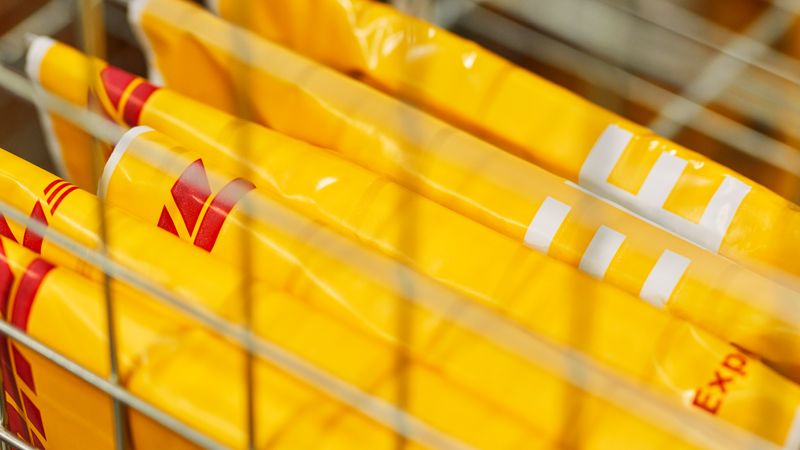From the manufacturing of traditional Cambodian clothing to supplying the global garment industry, Cambodia has solidified its position as a key player in the garment export landscape.
The textile and garment manufacturing industry has long served as a vital engine of economic growth for Cambodia, and is one of the largest employers in Cambodia by industry. Estimates from Statista project a revenue of US$265.5 million in 2023 alone, with a Compound Annual Growth Rate (CAGR) of 2.87% between 2023-2027. Online textile and fashion industry portal Fibre2Fashion also predicted a 9.2% industry growth in 2023, largely driven by external demand for affordable fast fashion products.
The drivers of this impressive growth are diverse, ranging from proactive industry-related measures implemented by the Cambodian government to heightened external demand for cheaper and fast fashion products. Given Cambodia's competitive labour costs and rapidly improving infrastructure, the country has become an attractive destination for global fashion brands seeking to diversify their manufacturing bases.
However, as we look towards the future, it's clear that the industry also faces an array of challenges and evolving trends it will need to deal with in order to stay resilient. Long-term success will likely require businesses to diversify their operations and improve working conditions in order to succeed amidst the ever-changing global landscape. Join us as we discuss some of the key trends and considerations textile and garment companies should keep in mind in order to stay at the forefront of the industry:
1. Changing attitudes in fashion and textiles
While ultra-fast fashion brands such as Shein and Temu have gained immense popularity in recent years, consumer attitudes are now changing. Greater awareness of the social costs incurred during the manufacturing process – from underpaid and exploitative conditions to long-term environmental impacts – is leading to louder calls for sustainability within the garment and textile industry. This shift towards ethically-made and sustainable fashion is not just a passing trend but a long-term change in the global fashion industry that Cambodian textile and garment manufacturers would do well to embrace.
As such, it’s become evident that the road to future growth and competitiveness lies in adopting more sustainable and environmentally-friendly practices, as well as ensuring better labour conditions for garment factory workers. A commitment to ethical clothing shouldn’t just be about appeasing consumer demands, but about aligning with a global movement towards environmental responsibility and workers' rights. As consumers place greater importance on the moral and ethical impacts of their purchases, companies that genuinely commit to such changes will be the ones that can maintain long-term longevity.
The Cambodian government’s Industrial Transformation for the Textile and Apparel Industry 2023-2027 even acknowledges that institutional shifts need to happen for companies to embrace sustainability as a way to ensure long-term success, instead of treating it as another compliance requirement.
Some strategies businesses can adopt to ensure this include:
- Strengthening compliance with global and international standards on workers' rights and environmental impact.
- Assessing company-wide baselines for environmental impacts (e.g. reducing carbon emissions or minimising wasted textiles) and social impacts within factory and non-factory settings.
- Investing in technological advancements to enhance productivity while improving energy efficiency.
Read more: How to reduce your carbon footprint with eco-friendly shipping solutions
2. Global inflation and cost of living crisis
On top of industry-related factors, textile and garment business owners need to contend with global trends as well. In such a dynamic industry, global inflation and the ongoing cost of living crisis pose a substantial threat. Businesses across the industry, from clothes and fabric manufacturers to women’s clothes retailers, need to adapt to a new economic reality where consumers are spending less on apparel.
The potential for supply chain disruptions adds another layer of complexity. According to the Nikkei Times, more than 60% of fabric used by Cambodian textile businesses is imported from China, leaving businesses vulnerable to supply chain shocks.
This highlights the need for robust, flexible strategies to maintain long-term resilience in an ever-changing global market, such as:
- Pivoting from fast or ultra-fast fashion to a ‘slow fashion’ model, which prioritises quality and sustainability over quantity and speed; however, such changes will necessitate complete overhauls of day-to-day operations, making it unfeasible for most.
- Embracing digitalisation and Industry 4.0 to achieve greater flexibility and adaptability in logistics and supply chain management.
- Lessening dependence on China for textile sourcing and seeking out other alternatives in the Association of Southeast Asian Nations (ASEAN) or the Asia-Pacific.






















